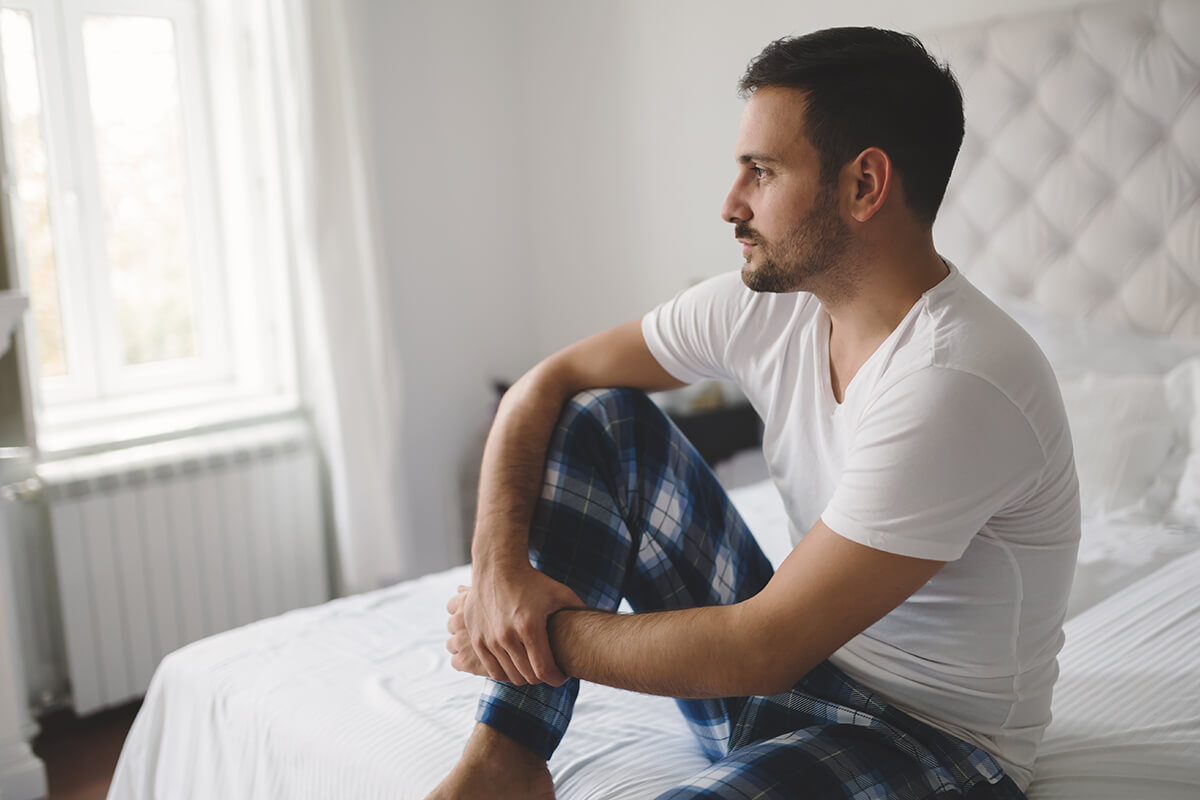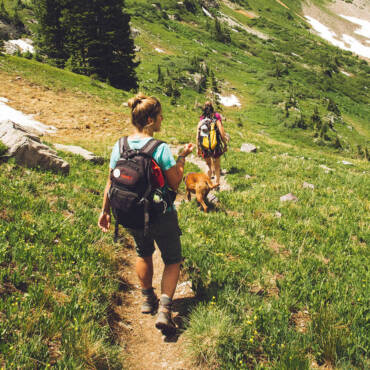Are You Feeling Isolated? You Are Not Alone.
As the United States moves toward another national lockdown, the loneliness and anxiety sparked by quarantine are worsening for many. In addition to the restrictions and social distancing guidelines, many of us are also spending more time indoors due to colder weather. The turn of the seasons can trigger depression for people with Seasonal Affective Disorder, and many of their former coping mechanisms may now be inaccessible. You could also be coping with the loss of a loved one, isolation from family and friends and the prospect of a holiday season locked away in your home.
It’s a difficult challenge to face, but you can overcome it. The most important thing to do is start by reminding yourself that no matter how physically alone you may be, there are millions of people fighting the same battle.
Why COVID-19 Loneliness Impacts Us So Strongly
While everyone struggles with feelings of loneliness now and again, the coronavirus pandemic has created a nationwide epidemic of mental and emotional isolation. People of all ages have lost their most meaningful connections to the outside world; you no longer have the ability to feel a sense of belonging in the community when you’re surrounded by classmates or colleagues. It isn’t safe to spend time with your family or friends, even if they live just a few miles away.
COVID-19 isolates us more than any other event has in recent decades. It also stirs feelings of anxiety and depression that both worsen and are fueled by loneliness.
The Risk of Loneliness
Suffering from isolation for prolonged periods of time can cause a variety of complications that have serious consequences on your mental health and well-being. You may experience:
- Symptoms of clinical depression.
- Worsened anxiety.
- The urge to self-harm and/or thoughts of suicide.
- Feeling like there’s “no way out.”
- Impulsive decisions.
- Reaching out to toxic people out of desperation for connection.
- Isolate more and begin to even fear or dread human contact.
- Be more likely to engage in substance abuse or relapse.
It’s natural to respond to all these feelings with a sense of shame and guilt. Don’t be too hard on yourself. You are, first and foremost, a human being. Humans struggle. It’s okay to make mistakes, and it’s okay to not know how to fix them. That’s why reaching out and looking for resources like this is so crucial to your well-being. Even reading a self-help blog post is a step in the right direction.
Ways to Cope With COVID-19 Loneliness
It wasn’t easy finding lasting friendships before the pandemic, but now it feels impossible. The good news is that many people have become more sociable and open about their desire to connect given the isolation we’ve been forced into. First and foremost, staying active is important. You need a sense of capability and progression in life, however small that may be.
If it’s safe for you to do so, go for a walk around the neighborhood. You can also workout routines at home or learn a new physical hobby, like martial arts or dancing. Connecting with your body helps draw yourself out of your mind and feel more empowered regardless of what’s going on internally.
You should also reach out to others, even when your loneliness has drained your motivation to do so. Text messaging and email are fine, but it’s even better to aim for face-to-face contact via video chatting. This can help break the bubble isolation creates inside the mind.
You can also speak to others about how you’re feeling. Sometimes, all we can do is let others know that we’re lonely and ask for companionship. There is no shame in this. If, however, you are unable to do so or don’t have anyone to talk to, we’re here to listen.
Contact Foundations Family Counseling any time for more information about our virtual therapy sessions.
Follow us on Facebook, here.




